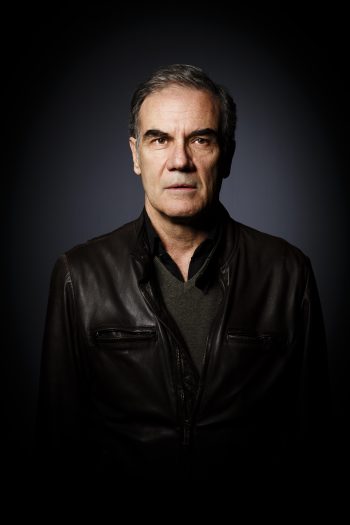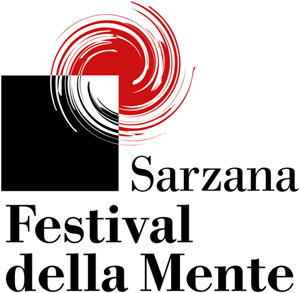2015 Programme
Event #15
Edoardo Albinati
In praise of the best student in class
The event has been moved from Chiostro di San Francesco to Auditorium I.I.S. Parentucelli-Arzelà
Who are the predetermined victims of our current school system? The lowest-ranking students, and those affected by greater psychological, economic or family issues, of course; but – truth be told – so are the brightest and most gifted, who are often even more vulnerable than the first group. These are the students the school system rarely thinks about: teachers are proud of them, but frustrated by the impossibility of fully activating their potential, which may be lost if it is not cultivated in their most crucial years. When it comes to the individual – be he or she the best or worst student in class – today’s schools don’t seem to be able or to want to do much. And meanwhile, in the pervasive society of mutual scrutiny controlled by social media, anyone giving the impression of standing out risks undergoing the implacable judgement of his or her peers. While we go on discussing quality levels and meritocracy, the elusive “best student in class” (the studious girl, the typical film nerd) is the specimen risking extinction in Italy today.
Edoardo Albinati, writer, was born in Rome in 1956. For more than twenty years he has been a teacher at the Rebibbia prison, an experience described in Maggio selvaggio (Mondadori, 1999). He has written screenplays for Matteo Garrone and Marco Bellocchio. He took part in a mission to Afghanistan led by the UN High Commission for Refugees recounted in Il ritorno (Mondadori, 2002). His books include Il polacco lavatore di vetri (Longanesi, 1989), 19 (Mondadori, 2000), Svenimenti (Einaudi, Premio Viareggio 2004), Tuttalpiù muoio (with Filippo Timi, Fandango, 2006), Vita e morte di un ingegnere (Mondadori, 2012) and La scuola cattolica, published by Rizzoli, which received the Strega Prize in 2001, Cuori fanatici (Rizzoli, 2019), Desideri deviati (Rizzoli, 2020), Velo pietoso. Guerra alla retorica (Rizzoli, 2021), La tua bocca è la mia religione (Guanda, 2022). He recently published the reportage Vite in sospeso. Migranti e rifugiati ai confini d’Europa, written together with Francesca d’Aloja (Baldini+Castoldi, 2022). In September his latest novellas Uscire dal mondo are published by Rizzoli.
Event #6
Alessandro Barbero
The historian's responsibility. Gaetano Salvemini: from Socialist interventionism to anti-Fascism

Event #8Approfonditamente
Marco Rossi-Doria, Giulia Tosoni
Kids and school: what, how and where are they learning

Event #13Approfonditamente
Adolfo Ceretti, Simonetta Agnello Hornby, Alfredo Verde
Gender-based violence: Perpetrators, victims and models of intervention.

Event #22
Alessandro Barbero
The historian’s responsibility. Marc Bloch: from the Sorbonne to the Gestapo prisons

Event #25Approfonditamente
Marco Belpoliti, Gianfranco Marrone, Anna Stefi
Laziness, fatigue, and our constant running

Event #26
Eugenio Borgna, Simonetta Fiori
Knowing ourselves and knowing others: a different way of being responsible

Event #35
James R. Flynn, Armando Massarenti
Without an alibi: a voyage across life’s greatest questions

Event #38
Alessandro Barbero
The historian’s responsibility. Ernst Kantorowicz: from the Freikorps to McCarthyism

Event #57Children / Kids
Sante Bandirali e Lorenza Pozzi di uovonero
Read like you’ve never read before

























